How Long Does it Take to Learn Ecommerce?
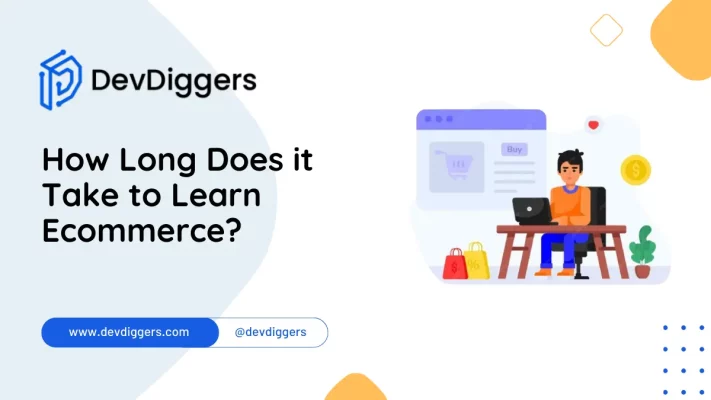
Many ask, “How long does it take to learn eCommerce?”
This is a big question because eCommerce covers many things, like setting up an online shop, selling on different websites, and attracting customers online.
This blog will examine how long it might take to learn about eCommerce.
We’ll talk about the basics for beginners and what more experienced learners can do to improve.
Whether you’re just starting or trying to get better, we’ll show you what to expect on your journey to becoming good at selling things online.
Table of Contents
What is Ecommerce?
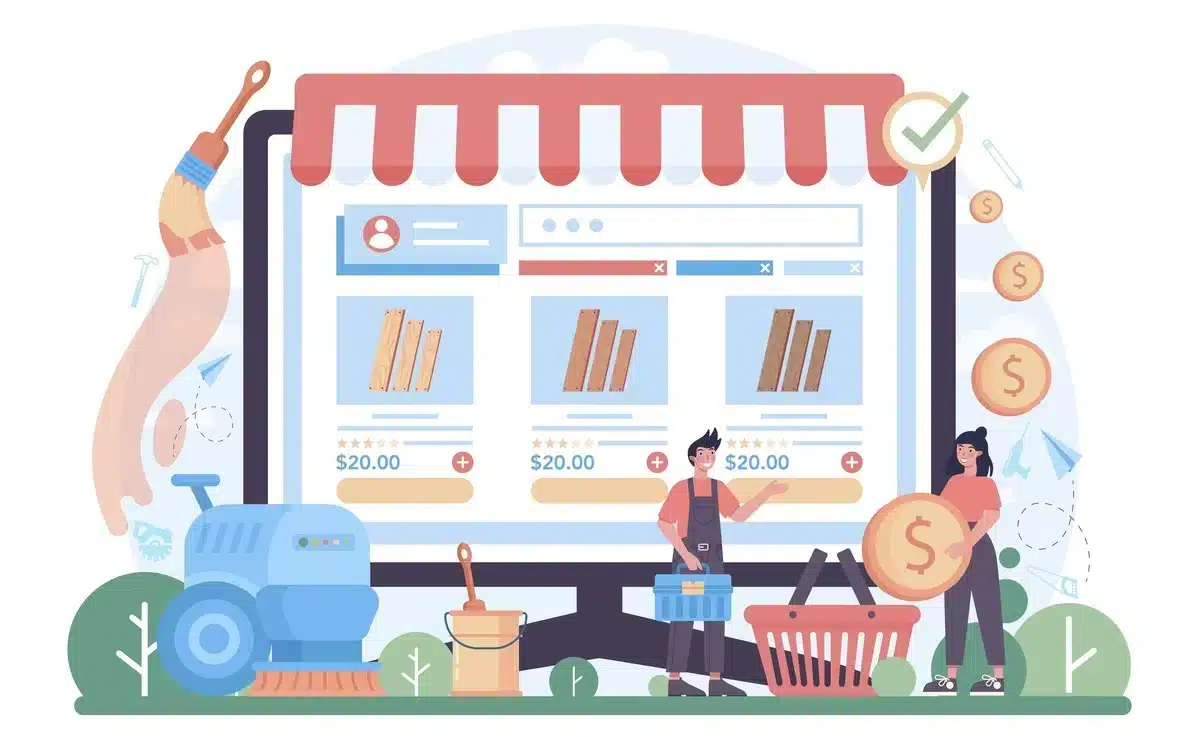
Ecommerce, the practice of purchasing and selling goods and services via the internet, has significantly evolved, shaping how we engage in commerce.
Ecommerce in 2024 is not just about the online exchange of products but is becoming an increasingly sophisticated platform that integrates advanced technologies and personalized shopping experiences.
This evolution is set to redefine the convenience and efficiency of digital shopping, making it more accessible and personalized to individual preferences, thereby revolutionizing how we conduct business in the digital age.
How long does it take to learn Ecommerce?
For those wondering, “How long does it take to learn eCommerce?” Learning eCommerce varies significantly in time, influenced by your starting knowledge, specific areas of interest within eCommerce, and the daily time commitment to learning.
While a dedicated learner can take 3-6 months, learning at an advanced or expert level may take a year or more, depending on the desired depth of study and practical experience.
Here’s a breakdown:
1. Basics

When considering how long it takes to learn eCommerce, mastering the basics is your starting point, requiring a few weeks to a couple of months.
This includes understanding various eCommerce platforms like Shopify, Magento, WooCommerce, and many others, learning about business models (B2C, B2B, C2C, C2B), and setting up payment gateways.
Moreover, learning user experience (UX) design principles is vital at this stage.
It involves creating an intuitive and enjoyable online shopping environment, focusing on website layout, easy navigation, clear product descriptions, and a straightforward checkout process.
2. Intermediate Skills
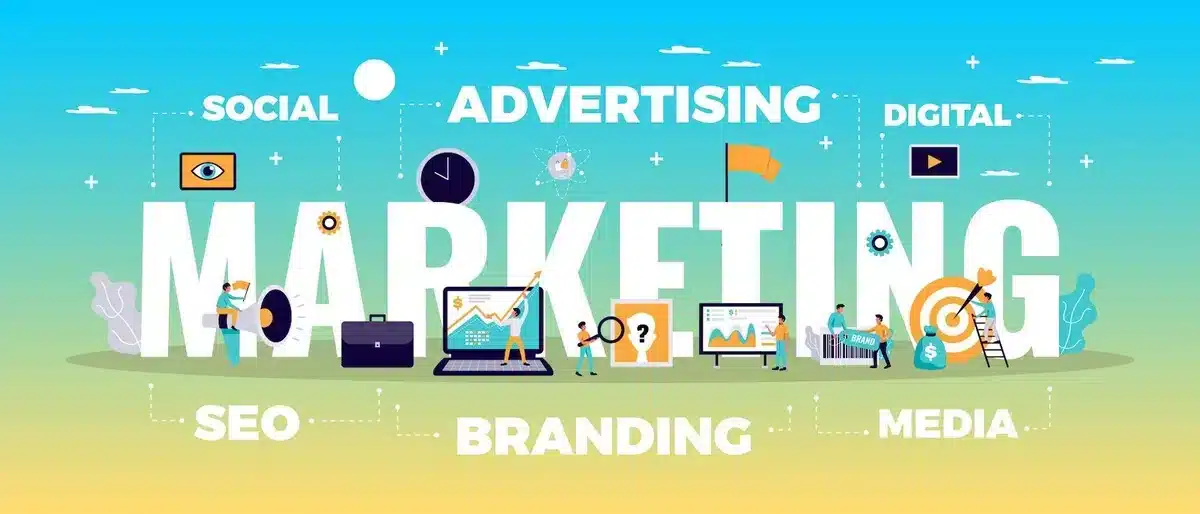
Advancing intermediate skills is crucial when considering “how long does it take to learn eCommerce.”
This phase deepens your expertise in essential areas like digital marketing, where you’ll enhance your SEO skills for better online visibility, engage in more sophisticated social media marketing strategies, and develop targeted email campaigns.
Using analytics tools such as Google Analytics effectively enables you to track your site’s performance, understand customer behaviour, and make informed decisions to boost your store’s success.
3. Advanced Knowledge

This advanced phase covers general eCommerce skills and details like utilizing WordPress and setting up eCommerce on WordPress.
Learners will look at how to customize these platforms to provide unique shopping experiences, manage inventory, and process payments effectively.
Furthermore, a thorough understanding of eCommerce on WordPress includes delving deeply into supply chain management designed for WordPress-powered businesses, understanding international transactions, and utilizing complex CRM solutions compatible with WordPress.
For those wondering “how long it takes to learn eCommerce,” achieving this level of expertise demonstrates a dedication to understanding the wide-ranging and dynamic online selling environment, preparing learners to study eCommerce efficiently.
4. Ongoing Learning
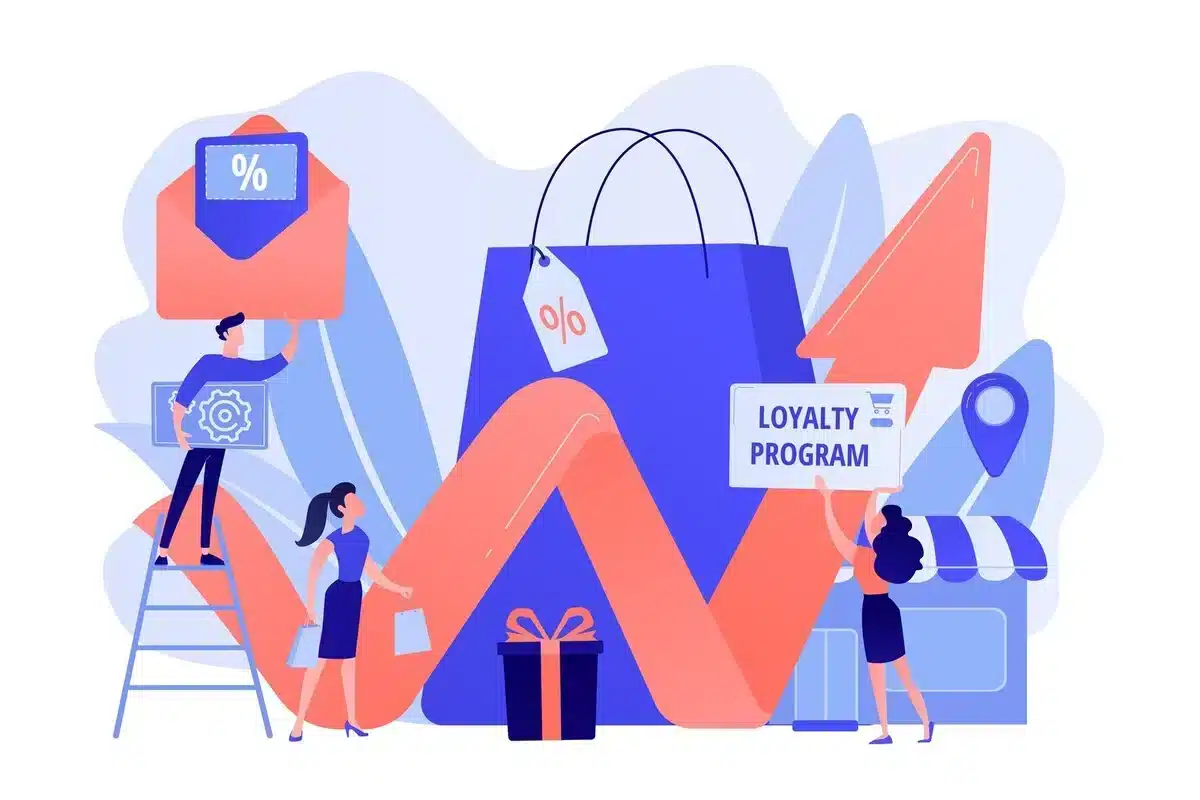
When addressing “how long does it take to learn eCommerce,” it’s crucial to understand that eCommerce is an ever-evolving field that demands continuous learning beyond reaching an advanced skill level.
This ongoing learning involves keeping up-to-date with the latest trends in eCommerce technologies, emerging digital marketing, and evolving consumer preferences.
Professionals must stay informed about new security measures, payment options, and regulatory changes affecting global eCommerce.
Engaging in this ever-lasting learning process includes joining professional networks, attending industry events, and exploring further educational opportunities like workshops or certifications.
It’s about maintaining a curious and flexible mindset, ready to adapt and innovate in a dynamic digital marketplace.
Therefore, the journey of learning eCommerce is ongoing, highlighting the importance of lifelong learning to stay competitive and thrive in the field.
Benefits of Learning Ecommerce
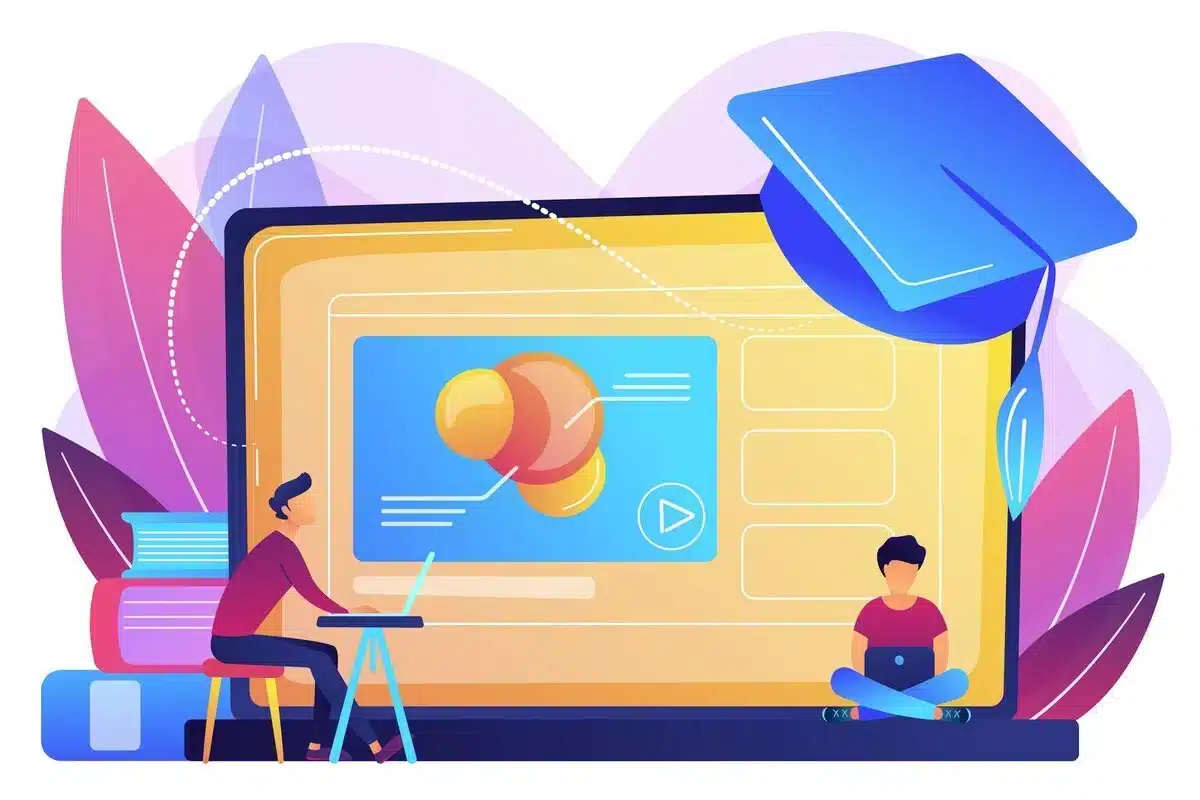
Discovering “how long does it take to learn eCommerce” reveals a journey filled with significant benefits in the digital age. Here are the key advantages:
- Global Market Access: Learning eCommerce opens the door to worldwide sales opportunities, allowing you to effortlessly reach customers across different countries.
- Reduced Initial Costs: Gaining knowledge in eCommerce shows you how to launch and manage an online business with lower startup expenses than traditional stores, making it a cost-effective venture.
- Operational Flexibility: Understanding eCommerce provides the freedom to run your business anytime, anywhere, offering unparalleled flexibility and the ability to adapt to consumer demands or market trends quickly.
- Digital Marketing Mastery: Part of learning eCommerce involves mastering digital marketing techniques such as SEO, content marketing, and social media engagement, which are essential for drawing in and keeping customers.
- Data-Driven Insights: eCommerce education arms you with the ability to analyze online business data, leading to informed decisions that can enhance your store’s performance and customer satisfaction.
- Expanded Career Prospects: As the eCommerce sector grows, so does the need for skilled professionals. Knowledge in this area can lead to various career paths, including digital marketing, SEO expertise, and content management.
- Entrepreneurial Opportunities: With eCommerce skills, you can start your online venture, innovate within the market, and introduce new offerings.
- Tech Advancement Adaptability: eCommerce is ever-evolving with new technologies. Learning in this field keeps you updated with the latest advancements, such as Artificial Intelligence (AI), Augmented reality (AR), and Virtual Reality (VR), enriching customer experiences and business operations.
Considering “how long does it take to learn eCommerce” is not just about the time investment but also understanding the breadth of opportunities and skills it unlocks, positioning you for success in the digital marketplace.
Skills Essential for Success in Ecommerce
When questioning “how long does it take to learn eCommerce,” it’s critical to understand that the field requires a wide range of skills, each with its own learning curve.
- Digital Marketing & SEO
- Data Analysis
- Technical Skills
- Supply Chain Management
- Customer Service
- Strategic Planning
- Design Sensibility
- Adaptability & Learning
How Long Does it Take to Build an Effective Ecommerce Website for Business?
The schedule for creating a solid online shop varies depending on the website’s complexity, the platform used, and the individual’s or team’s knowledge of eCommerce foundations.
However, it can take up to 6-12 months for someone with a thorough knowledge of eCommerce fundamentals.
This includes choosing the appropriate platform, creating the design and PDP, configuring items, and integrating payment and delivery methods.
However, gaining the requisite eCommerce skills to understand digital marketing, SEO, consumer interaction methods, and technical elements of website management can dramatically lengthen the timescale.
For beginners, building an efficient eCommerce website may take several months to over a year, as it covers both the learning curve of eCommerce essentials and the actual site development.
Thus, the answer to “How long does it take to learn eCommerce?” directly impacts the timeline for effectively building a business’s online presence.
Conclusion
After exploring “How long does it take to learn eCommerce,” it is clear that the journey is as different as the field itself.
Learning eCommerce is an ongoing process that includes everything from understanding the fundamentals to diving into advanced methods and staying current on current advances.
The time investment varies depending on whether you want to start an online store, grow your career, or stay ahead in the digital economy.
Success in eCommerce needs effort, practice, and a commitment to lifelong learning, which can take anything from a few weeks to months for core knowledge to a year or more for advanced expertise.
Enjoy the journey, and the benefits of mastering eCommerce may be substantial and far-ranging.
FAQs
Do I need a technical background to learn eCommerce?
No, you do not need a technical background to start learning eCommerce. While knowing areas like web development or digital marketing can be beneficial, plenty of resources and tools are available that make it easier for non-technical individuals to start their eCommerce journey.
Can I learn eCommerce on my own?
Yes, you can learn eCommerce on your own. Numerous online resources, courses, and tutorials may help you go from the basics to more complex areas. Staying motivated and using what you’ve learned through practical tasks or beginning your web business is critical.
What are the best resources for learning eCommerce?
The best resources for learning eCommerce include online courses from Coursera, Udemy, and LinkedIn Learning, blogs, podcasts, and YouTube channels dedicated to eCommerce and digital marketing. Books and industry reports can also provide valuable insights.
What are the biggest challenges in learning eCommerce?
The biggest challenges in learning eCommerce include keeping up with rapidly changing technologies and trends, understanding the complexities of digital marketing, managing logistics and inventory, and ensuring excellent customer service. Overcoming these challenges requires dedication, continuous learning, and flexibility.
What part does SEO play in eCommerce?
SEO is essential to increasing online visibility, driving traffic, and enhancing profits in eCommerce. Good search engine optimization techniques guarantee that your eCommerce website appears higher in search results and draws more traffic.
